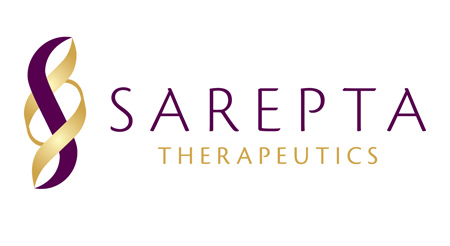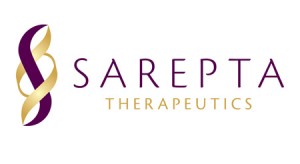Novel Duchenne MD Drug Delayed by Additional FDA Requirements
Written by |

 A novel RNA-based drug from specialized biotech company, Sarepta Therapeutics, Inc., is experiencing a delay in its New Drug Application (NDA) from the US Food and Drug Administration’s (FDA), due to the FDA’s request for specific, additional data requirements from the company. The drug, eteplirsen, is one of the company’s leading pipeline products for the treatment of Duchenne muscular dystrophy (DMD), which is a rare genetic disorder that causes rapid and progressive muscle degeneration, eventually leading to death. Having originally expected to receive an approval from the FDA by the end of 2014, the company has announced that it will try again for the NDA sometime mid-2015.
A novel RNA-based drug from specialized biotech company, Sarepta Therapeutics, Inc., is experiencing a delay in its New Drug Application (NDA) from the US Food and Drug Administration’s (FDA), due to the FDA’s request for specific, additional data requirements from the company. The drug, eteplirsen, is one of the company’s leading pipeline products for the treatment of Duchenne muscular dystrophy (DMD), which is a rare genetic disorder that causes rapid and progressive muscle degeneration, eventually leading to death. Having originally expected to receive an approval from the FDA by the end of 2014, the company has announced that it will try again for the NDA sometime mid-2015.
Chris Garabedian, the company’s President and Chief Executive Officer, said they are determined to meet the agency’s additional data requirements in order to ensure a completely acceptable and safe new treatment for DMD, adding that securing the drug’s FDA approval in the quickest timeframe possible will remain a top priority at Sarepta.
During a Type B Pre-NDA meeting between the company and the FDA last month, findings from an independent assessment of dystrophin images and the 168-week clinical data from study 202 were stipulated. Additional information on the drug’s minimum duration of safety in new patients was requested, with a requirement that patient-level natural history be gathered from independent academic institutions, and MRI readings be obtained from a recent research by an independent academic team. The agency disclosed that these additional requirements do not necessarily guarantee a complete NDA, and that more meetings will be held with the company as necessary to ensure a smoother and timelier process.
[adrotate group=”3″]
Some of the FDA’s new requirements for Sarepta’s further development include:
- “The sponsor should include 3-month data from at least 12 to 24 newly exposed patients at the time the NDA is submitted.”
- “Available data from the other patients enrolled in the new eteplirsen studies (studies 301, 203, 204) should also be included at the time the NDA is submitted, even if exposure is less than 3 months in duration.”
- “Additional data from later time points and from newly enrolled patients should be submitted in the 120-Day Safety Update.”
- “FDA strongly advises the sponsor to obtain and submit patient-level natural history data.FDA is prepared to appeal to the academic groups holding the data to allow the sponsor a means to acquire the data.”
- “The study 201/202 clinical site inspection conducted in May, 2014, after the issuance of the April 15, 2014, guidance letter, uncovered marked disparities in the immunohistochemistry methodology and concerns about the reproducibility of the data.The lack of confirmation of robust dystrophin measurement during the site visit necessitates including the independent assessment of dystrophin-positive fibers and 168-week efficacy data from study 201/202 in the NDA.”
- “FDA strongly urged the sponsor to submit the MRI data with appropriate natural history controls.”
- The FDA also stated that “[a]dditional discussion between the sponsor and the FDA will be necessary to determine what would constitute a complete NDA.”
This news comes as a disappointment to the thousands of DMD patients and their loved ones across the country, as there is still no approved treatment for the disease. Non-profit organization Parent Project Muscular Dystrophy is urging the FDA to be more flexible with regard to reviewing and approving DMD treatments because of the disease’s rapid progression and fatality.





